"Willpower is more than just a metaphor. Self-control is a finite resource."
- Robert Sapolsky, Behave
What internal rewards do you have for continuing to strive towards your goals, to create your best life?
Book-writing has exposed me to a world of not getting social validation for what I write. I can’t share any excerpts ahead of time. Nobody tells me to write each day. I have no idea if what I’m writing will do anything for my career or personal life, if it will be liked or disliked. All i can know is what it does for me as I’m doing it.
To help me show up each day to write, I focus on this question: what does the process of planning, practicing self-discipline and battling mindset obstacles do for me? What do I get out of the ongoing process, rather than the outcome?
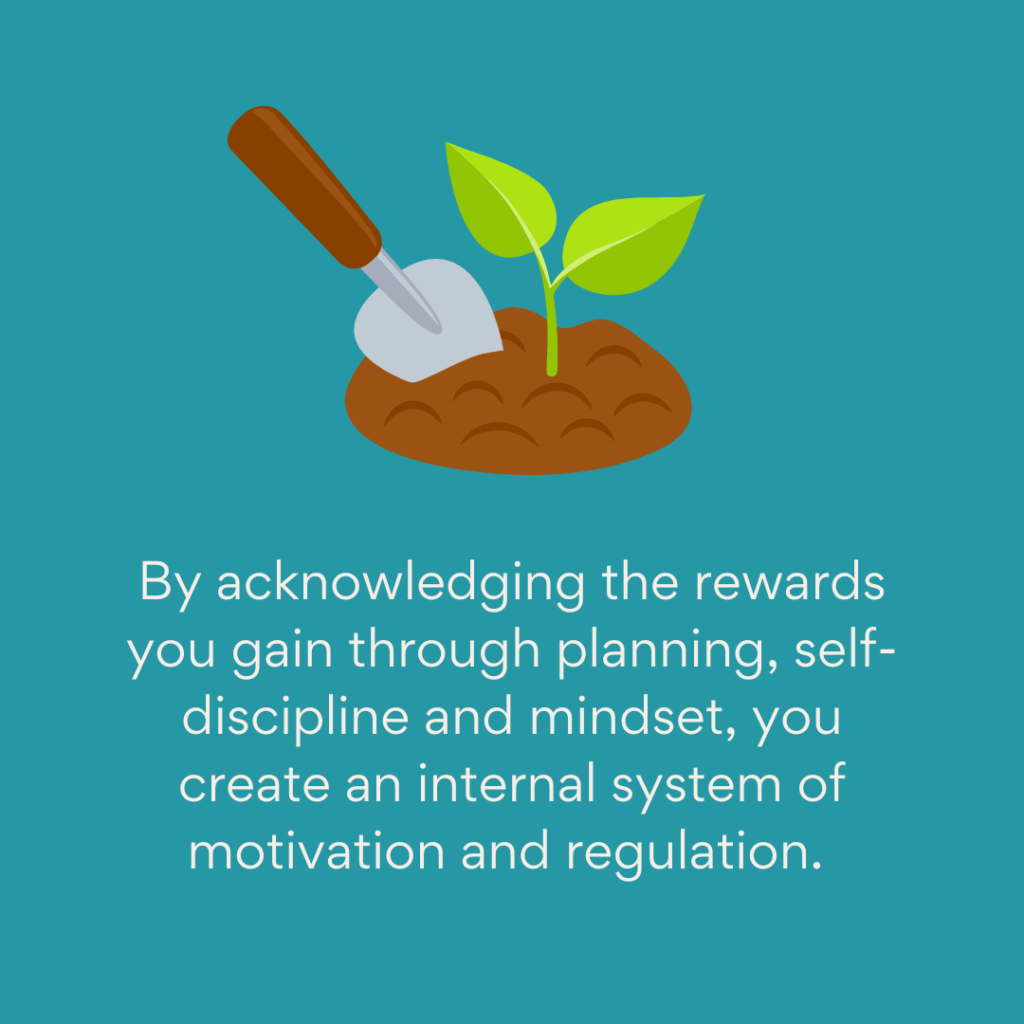
By acknowledging the rewards you gain through planning, self-discipline and mindset, you create an internal system of motivation and regulation.
This internal system is under my control because regardless of outcomes, I can always choose once again to plan, practice self-discipline and navigate my mindset. This is called an Internal Locus of Control. An internal Locus focuses on what you can control, regardless of what is occurring around you.
In contrast, if you use external rewards such as social approval to engage in action, you have little control over that. It can lead to your choices being more volatile and swayed by other people's storylines, mindsets and dysregulation.
Internal systems of control are associated with executive function and self-regulation and strongly linked to prefrontal cortex (PFC) activity.
The good news is that because the PFC is highly experience-dependent (aka., develops through our experiences), we can continue to strengthen it throughout our lives. And the more we do, the more in control of our mood and behaviors we become.
The challenge is that the frontal cortex uses expensive cells and energy processes. As Robert Sapolsky says, “self-control is a finite resource”. Because of this, we need to be strategic about how we plan our day - when we do what and also use preparatory strategies and thinking ahead of time so that we spend less energy in deciding to do the harder thing rather than the easy thing.
As I continue to develop my internal systems for regulation and reward, three types of mindset and expectation seem to emerge as influential in self-control and progressing towards a desired outcome. I’m using three terms to explain this: bright-siding, blind-siding and far-siding
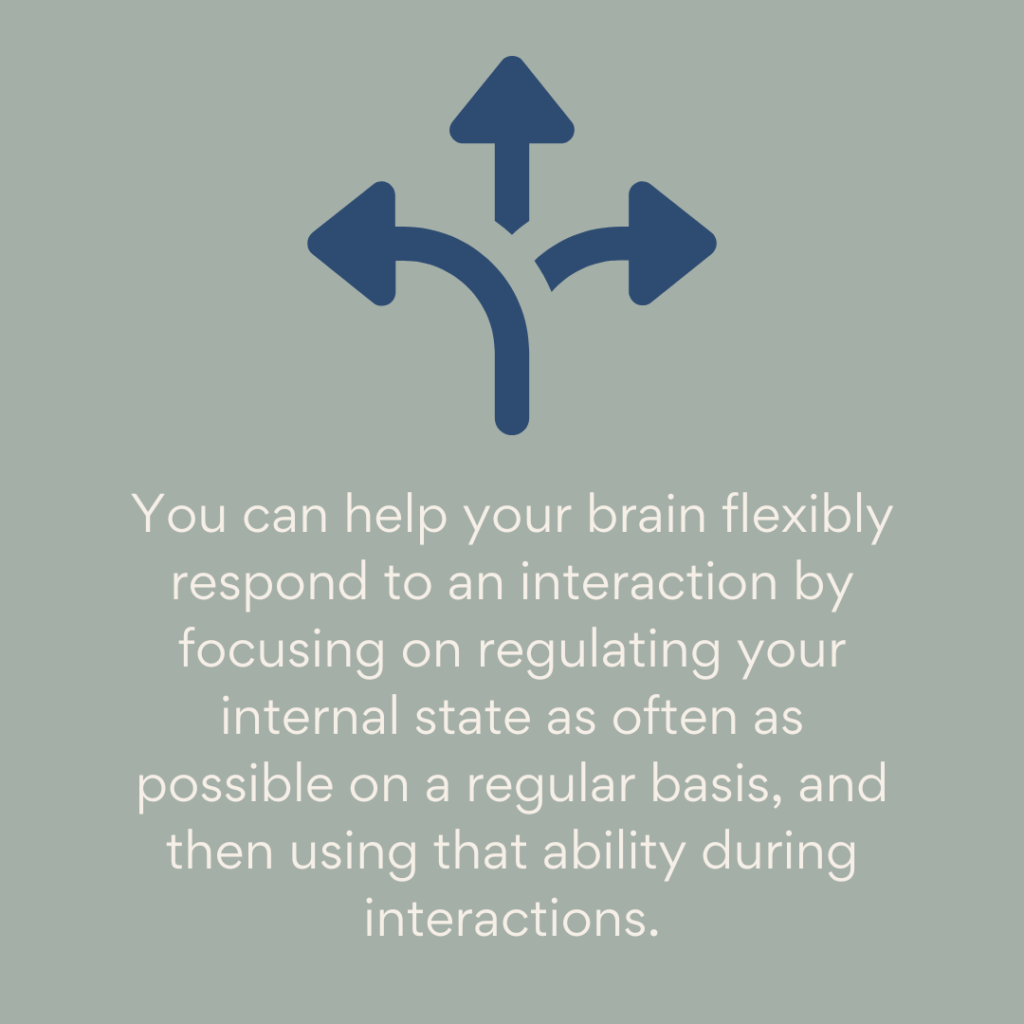
'Bright-Siding' is the expectation that things will be easy and effortless
Expect challenge and that even though you may feel excited as you plan all the amazing tasks you’ll achieve tomorrow, when it comes time to do them, there’s a good chance you won’t have the same energy and conviction. This gives your subconscious a chance to project possible ways to navigate so that these options are more accessible if things don't go the way you hope. (this is called Mental Contrasting: you can look at NYU’s Gabriele Oetingen for research on this).
This doesn’t mean that we should not be optimistic. Creating a vision of how you would love for a situation to go helps your brain come up with a variety of projections it can use to create new choice points and strategies. But also include in your mental preparation that it may not go as well as hoped.
This can be particularly important for relationships and social interactions. As relationship expert, John Gray, states*:
"The most important relationship skill of all is anticipating temporary setbacks and acknowledging the necessity of re-learning a lesson until it become second nature
If we go into an interaction or relationship with an overly optimistic view of how the other person will react or how they 'should act', we may run into challenges. Many layers of unconscious processes influence human interactions that you simply cannot predict. The only thing we can control is our internal state, which then influences our behaviors within that interaction.
You can help your brain flexibly respond to an interaction by focusing on regulating your internal state as often as possible on a regular basis, and then using that ability during interactions. I use meditation* and visualization daily to help me envision my most regulated internal state in the face of tasks and encounters I plan to have that day. I use meditation that focuses on my breath and/or a mantra to help me achieve a deep state of calm so that I train my brain-body to access it more quickly and easily in other situations
*I’ll go more into meditation in an upcoming post
Blind-siding is expecting the worst and focusing on how difficult an unrewarding a process or interaction will be.For example, picturing the hassle of getting ready to go to the gym, or how difficult it will be to organize your thoughts to write something. It can also be expecting the worst of intentions from someone and that they have no capacity to evolve, and then interacting with them from that space. By building up an anticipation of a person’s worst behavior or the effort that will be involved in something (without immediate rewards), you may enter an anticipatory negative state that may make you engage in avoidance or self-protective behaviors.
Far-Siding is a way to use the prefrontal cortex to help you align your behaviors with goals that serve you in the long-term.
Far-side expectations are about focusing on the satisfaction that comes from having done the thing you know was good for you to do. Far-Siding is what I do to activate an internal reward system so that I stick to goals I have set for myself. In this process, imagine yourself on the other side of doing the thing that’s hard or not instantly gratifying. If I know i have edits to do on my book writing, for example, there is a weighing in the mind of ‘do it now or do it later’.
The easy choice is to ‘do it later’. The brain will almost always lean to that option first because it’s an energy-conserving system.
But if you can focus on the feeling of relief or satisfaction you’ll feel after doing that task, this activates a sensory-motor simulation in your brain of what that feeling of satisfaction feels like. You can imagine for example, later that evening, basking in the glow of having done what you told yourself you would and that you know will help you achieve something you are hoping for.
By activating that simulation, your brain can figure out how to achieve that feeling of satisfaction. This then lights up circuits of imagery and sensory-motor simulations* of what it will take to feel satisfied with yourself and your progress. The image of doing the task will now light up. You can also contrast this with imagining the feeling of weight and dissatisfaction you might feel as you lie in bed that night not having done the thing you had planned to do.
*In Episode 4 of the podcast, in my interview with the authors of the book Movement Matters, professors Sheila McCrane and Jennifer Fugate we talk about sensory-motor simulations in the brain as a major part of learning.
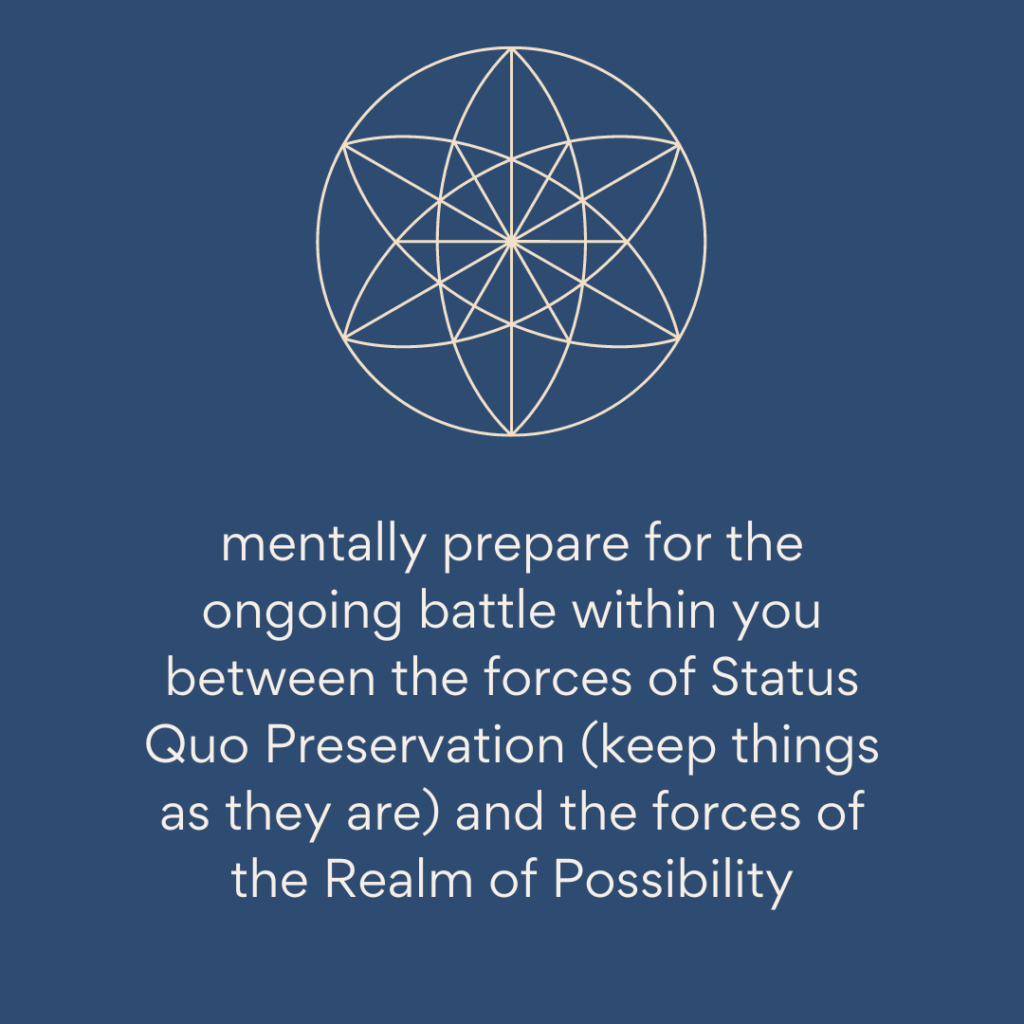
Developing an internal system of reward and regulation increases a sense of agency, power and control.
It engages features of brain-body circuitry that allow us to become an ‘eye in the middle of the storm’ and to keep showing up for things that may not feel instantly gratifying and easy, but are part of a long-term vision.
It increases our “ability to orchestrate thought and action in accordance with internal goals” and to do “the harder things when it’s the right thing to do” - Jonathan Cohen
In my personal experience and experience with clients, something that can cause a lot of internal stress comes from knowing that there are certain things we could do that are very well aligned with the future we want to create, and telling ourselves we will do them, but then not actually acting on them.
It's like we create a problem for the brain to solve, but take not action on it - which leaves the circuitry firing in ways that keep trying to solve the problem. This creates a sense of inner turmoil.
A lot of what is truly valuable to us requires long-term resilience and perseverance. The neural resources needed for intention, long-term planning, and will power are expensive. Your brain-body circuitry will generally avoid using the expensive resources needed for change.
To counter this, you need to activate the PFC and mentally prepare for the ongoing battle within you between the forces of Status Quo Preservation (keep things as they are) and the forces of the Realm of Possibility (which requires the loss of some things as they are and the fear of the unknown - both of which the brain-body will avoid if possible).
Mentally simulate the visceral sensations, facial gestures, breath and body posture of how you’ll feel as you incrementally progress towards the improved future and how satisfied you’ll feel when you choose to do the harder thing… Envision the sense of satisfaction from choosing your new desired future. Activate those simulations in your head as you think about your tasks for the day.
On a side note….
As I near a crossroads this fall for the end of my lease, I feel a desire for a new living location and lifestyle. I am playing with the idea of living temporarily in a variety of locations, or having a home base* and from there travel to different locations to work remotely, facilitate workshops and have new experiences to share with you.
One of my first adventures will be a road trip with my parents for two weeks this fall in the US. I woke up a couple weeks ago with the idea of traveling with my mom and dad as a way to 'meet them again' from this place in our evolution as individuals, to get to know them in a new way, to honor them and this time as a possibility that there may not be that much time left with them. I want to hear about their stories of loves and losses, their histories. I feel grateful I get a chance to do this. I’ll be processing and writing about my experiences, and will document what I am able to in order to share my insights. Through this, I hope to help any of you who need healing perspectives when it comes to family. I have done a lot of work personally and with clients in this specific area, so I will integrate this into my content for you.
I’m also VERY excited to be going to visit Alma Esteban of Mountains Beyond Borders in Southern France - hopefully this November. I can't wait to hear and speak French again, visit her Yourte, go fishing and learn rock climbing. Below are pictures from Saint-Leger-du-Ventoux where I will be staying (number of inhabitants: 7). You'll hear our conversation about mindset, resilience and perseverance in our upcoming podcast episode - which I’ll post July 12 (I’ll send an email about it). I'm open to setting up a neuroscience-mindset-resilience seminar there in the future (2023)!
*suggestions from people so far include Boise ID, Tucson AZ, Missoula MT, Moab Desert (lol…my sisters' family's favorite camping destination), Salt Lake City UT, Des Moines IA, Sante Fe NM, living in a van and my hometown of Calgary). I’m seriously open to ALL suggestions. Looking to be surrounded by natural beauty, decent amount of sunny days per year (I'm fine with cold and snow), welcoming community, not outrageously high cost of living). What I desire most is a feeling of 'being home'.. if the choice isn't clear by October, I'll be staying where I'm at until something else emerges. I've uprooted many times so not sure what the best plan will be yet. I will keep you posted!
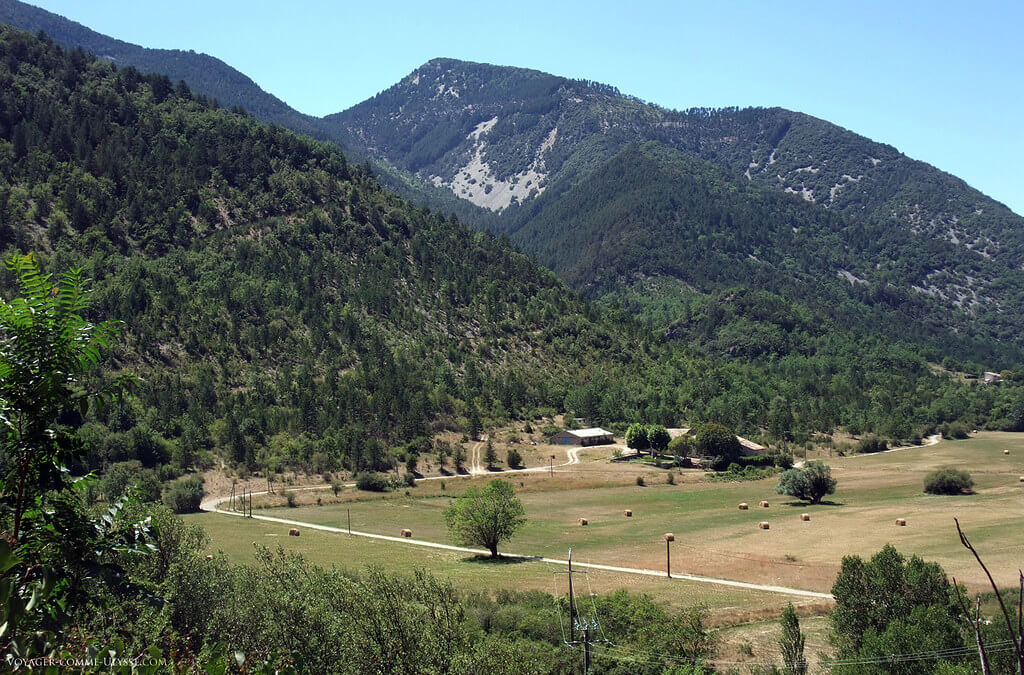
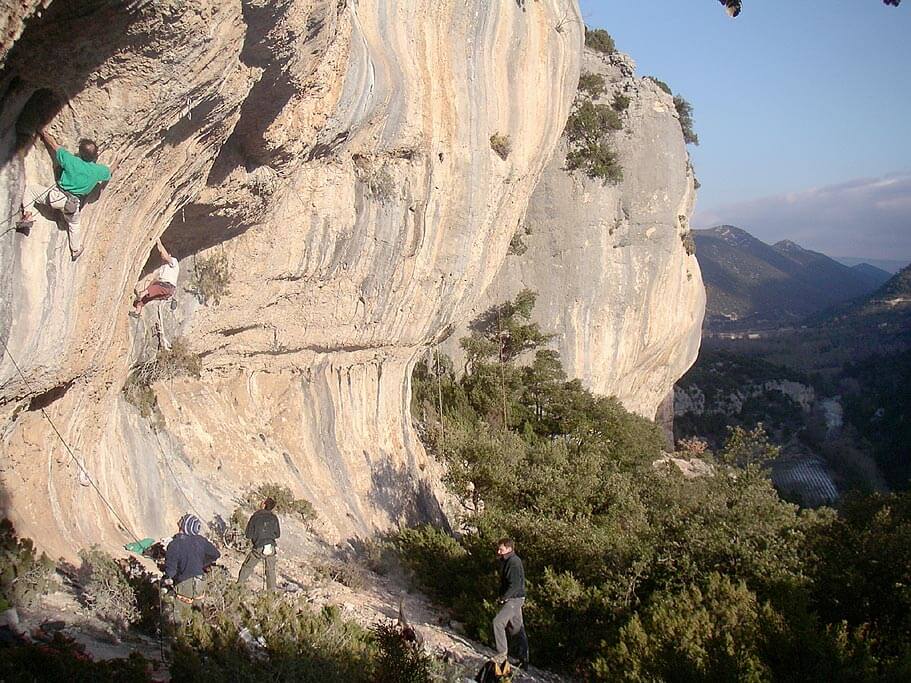
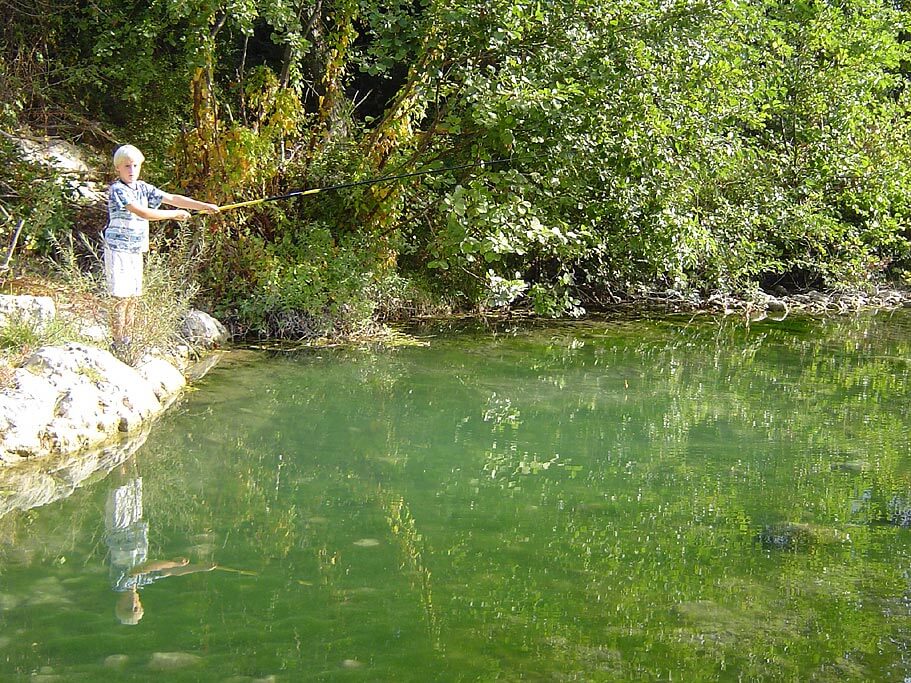
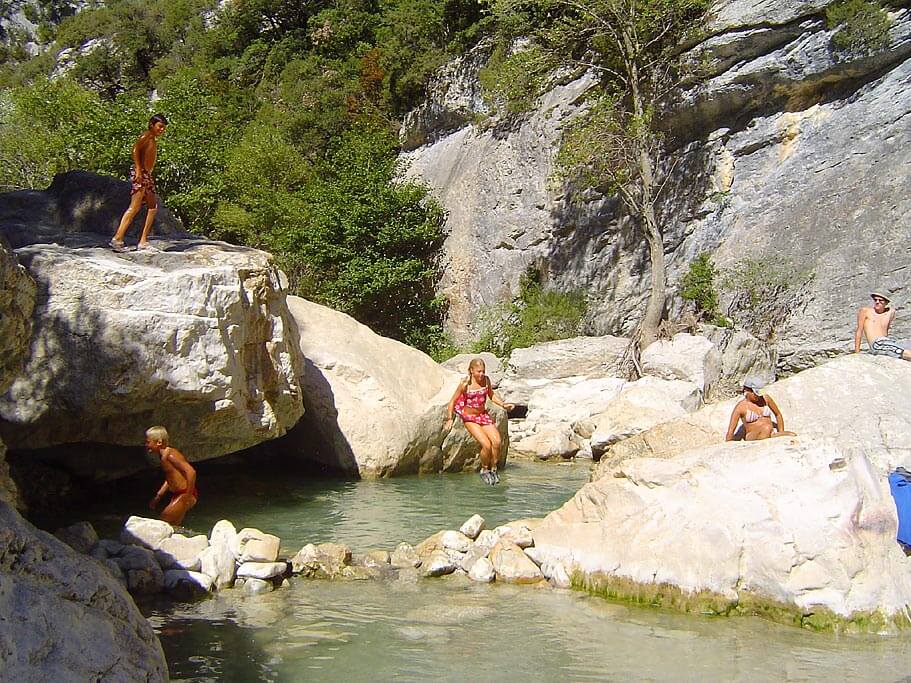

McCrane, S. and Fugate, J.M.B. (eds.), (2022). Movement Matters: How Embodied Cognition Informs Teaching and Learning
Gray, J. Mars and Venus in Touch


